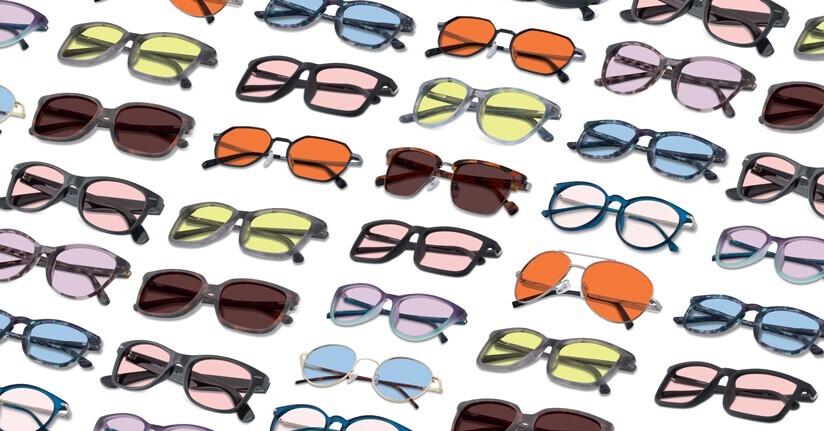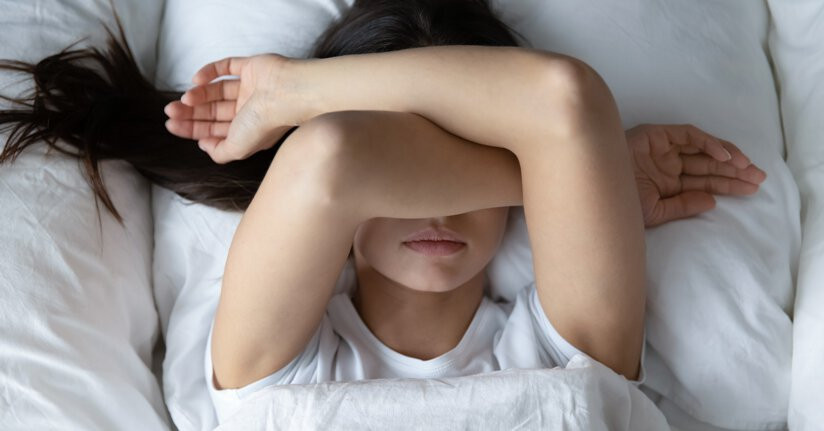We May Now Know WHY We Experience Light Sensitivity During a Migraine Attack
“But why do I get sensitive to light during a migraine attack? I know that it happens, but I don’t understand what causes it.”
Research published today brings us closer to being able to answer this question that people with migraine often pose and can help us understand why photophobia and other sensory sensitivities are symptoms of migraine attacks. Fluctuating levels of the neurotransmitter dopamine—which is released by the brain and has numerous functions related to movement, pleasure, memory and emotion—could be the culprit for both sensory sensitivity and mood changes during attacks, according to this new study. Not only is this an interesting answer to the question of “why,” it could point the way to improved migraine treatment in the future.
Using brain scans, researchers took multiple measurements of brain activity and dopamine levels of 16 participants, eight of whom had migraine and eight of whom did not. Between migraine attacks, participants’ dopamine levels were as steady as those who do not have migraine. During attacks, however, dopamine levels fell significantly. But what does this mean?
Lower dopamine levels may increase painful sensitivities to external stimuli (such as light) and influence moods and behaviors during attacks
"Dopamine is one of the main neurotransmitters controlling sensory sensitivity," said Dr. Kenneth Casey, study co-author and University of Michigan professor emeritus of neurology. "Therefore, a drop in dopamine could produce increased sensory sensitivity so that normally painless or imperceptible sensory signals from skin, muscle and blood vessels could become painful." This research adds further scientific support to the knowledge that migraine attacks are characterized by painful and extreme reactions to light (photophobia), touch (allodynia), sound (phonophobia) and odor, according to Casey.
Not only do these findings help inform the pain experienced by those with migraine as a result of external stimuli, but it also may explain their desire for social isolation and mood changes during an attack. Fluctuating dopamine levels can influence emotional and behavioral responses, which lead to people with migraine avoiding interaction and/or seeking out a dark room after an attack has begun.
"This dopamine reduction and fluctuation during the migraine attack is your brain telling you that something is not going well internally, and that you need time to heal by forcing you to slow down, go to a dark room and avoid any kind of stimulation," said co-author Alex DaSilva, assistant professor at the University of Michigan School of Dentistry and Center for Human Growth and Development.
What does this mean for migraine patients?
Better understanding the role dopamine plays in migraine attacks can help doctors determine better ways to use drugs that affect this neurotransmitter. Currently, drugs called dopamine antagonists, which block overactive dopamine receptors, are used to treat migraine attacks by stabilizing dopamine fluctuations. Metoclopramide (Reglan) and risperidone (Risperdal) are two dopamine antagonists you may be familiar with, especially if you’ve been to the ER for migraine treatment.
It’s important to note that this study only addresses painful sensitivities during attacks. We are still unsure exactly how external factors can actually trigger attacks as well as why patients with migraine may also experience symptoms such as photophobia and others between episodes. It continues to emphasize the value of non-medication based alternatives, such as TheraSpecs photophobia glasses, and the role they can play in prevention and relief.
Note: The study, "Dopamine D2/D3 Imbalance During Migraine Attack and Allodynia In Vivo," appears online ahead of print March 29 in Neurology, the medical journal of the American Academy of Neurology.

TheraSpecs® Glasses for Light Sensitivity
Find the glasses that fit your needs and lifestyle, and stay protected from screens, fluorescents, unwanted blue light, sunlight, flashing lights, and more.
Shop Now



